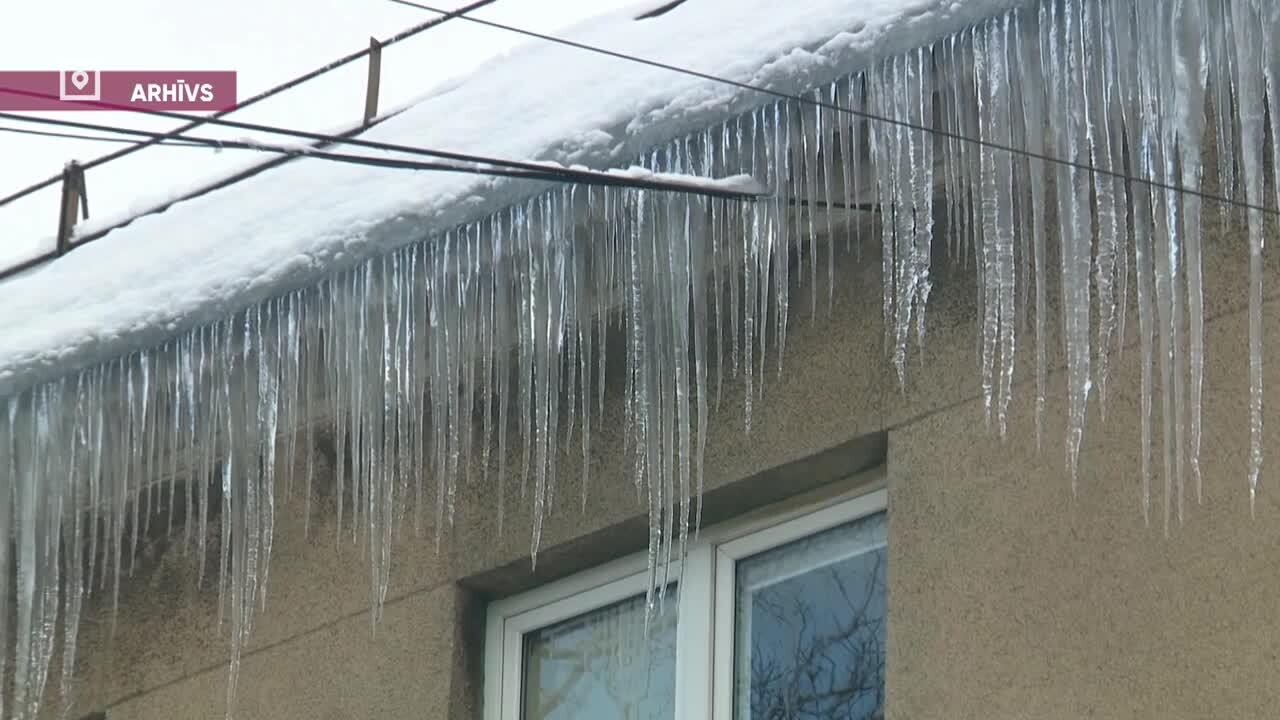Insect survival in winter is mainly determined by temperature fluctuations, frost and snow. In addition, they have the ability to respond quickly to favorable environmental conditions and resume reproduction in a short time, reported Latvian Television’s Studio 4 program.
“In the fall, both mites, which are arachnids, and insects produce substances that allow them to hibernate and not freeze in the winter. As a result, they are quite prepared for winter,” explained entomologist Jānis Dreimanis.
The entomologist pointed out that some mosquitoes hibernate as adult insects and in the spring they lay eggs in water: “Since we haven’t had a snowy winter, they don’t have a lot of places to lay these eggs yet. However, spring can be rainy, and when their development cycle ends in April or May, we can expect mosquitoes.”
Now, with the first warm days and sunshine, the new insect season has begun. But what it will be like depends on the future weather conditions.
“Now the butterflies have woken up, the ants are crawling, the season has begun. But if we talk about the insect season as such, a lot is also determined by the weather conditions that will be ahead.
“For example, mosquitoes are very dependent on humidity and how wet the spring will be. The snow has melted for now, so on the one hand, one might expect that there will be few mosquitoes, but if the middle, end of March and April are very rainy and wet, then mosquitoes can attack us again in quite large numbers in the spring,” said entomologist Uģis Piterāns.
The entomologist also pointed out that ticks have awakened: “Temperature is important for ticks. They become active just above freeing temperature, if the snow has melted. If we go outdoors now and even if it gets colder in the coming days, we need to check ourselves and our pets afterwards – ticks will be active from now until autumn.”
As recently reported by LSM, the first tick bites of the season have already been registered.
Tick-borne encephalitis and Lyme disease can be carried by ticks and potentially have serious health consequences, so it is important to protect yourself. When going outdoors or working in a greenhouse, it is important to keep an eye out for ticks and make sure to check for any when returning home.
Latvia has widespread vaccination against tick-borne encephalitis, and this can be done at any time of the year. However, it is important to monitor your well-being if you find a tick: if you have a headache, fever, body aches or increased tiredness, you should see a doctor immediately.
In 2024, 67 patients with tick-borne encephalitis were treated at the Eastern Hospital in Rīga, 32 patients were diagnosed with Lyme disease and six patients with ehrlichiosis infection.
A total of 1,169 ticks were removed from patients at the Eastern Hospital in 2024. The LIC laboratory tested 141 ticks for tick-borne encephalitis in 2024, of which none were infected, while 151 ticks were tested for Lyme disease, of which 47 ticks or 31% were infected. But it should be noted that the vast majority of tick bites go unrecorded.
